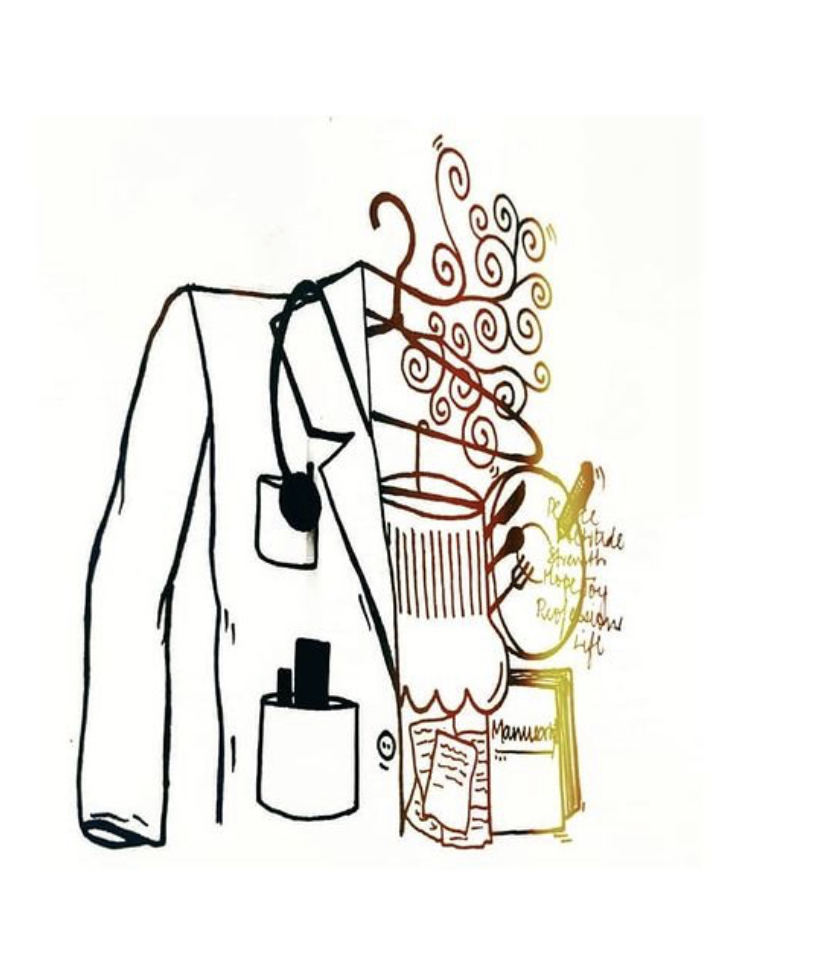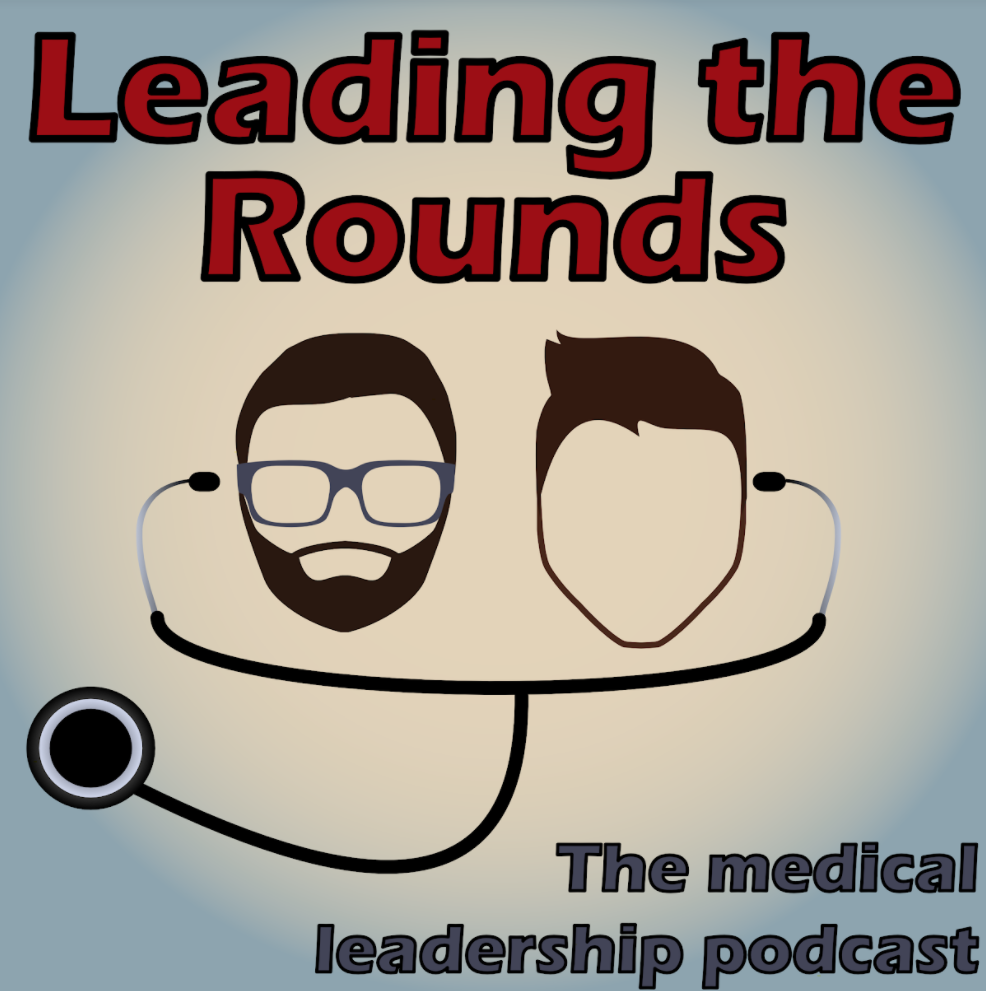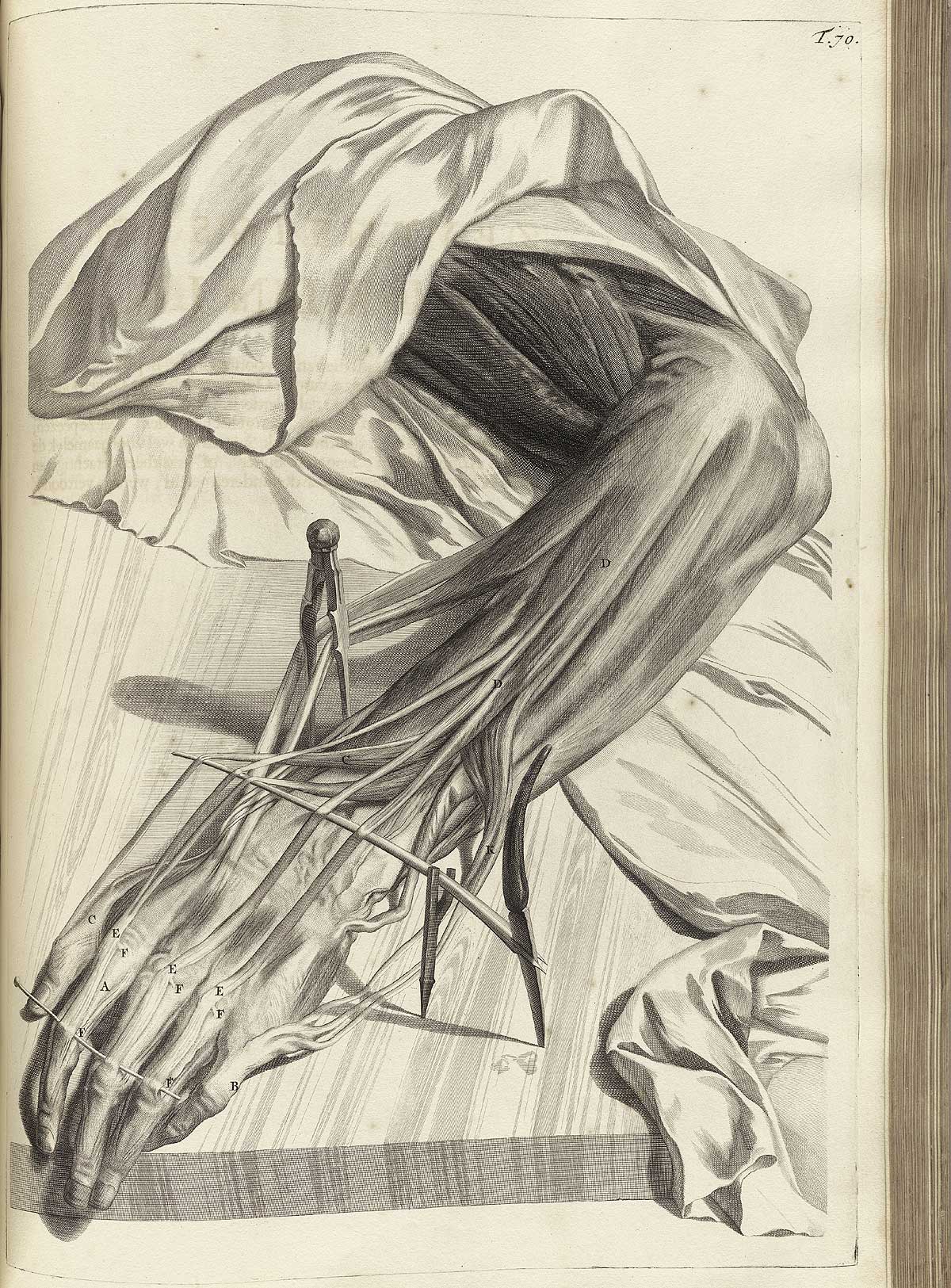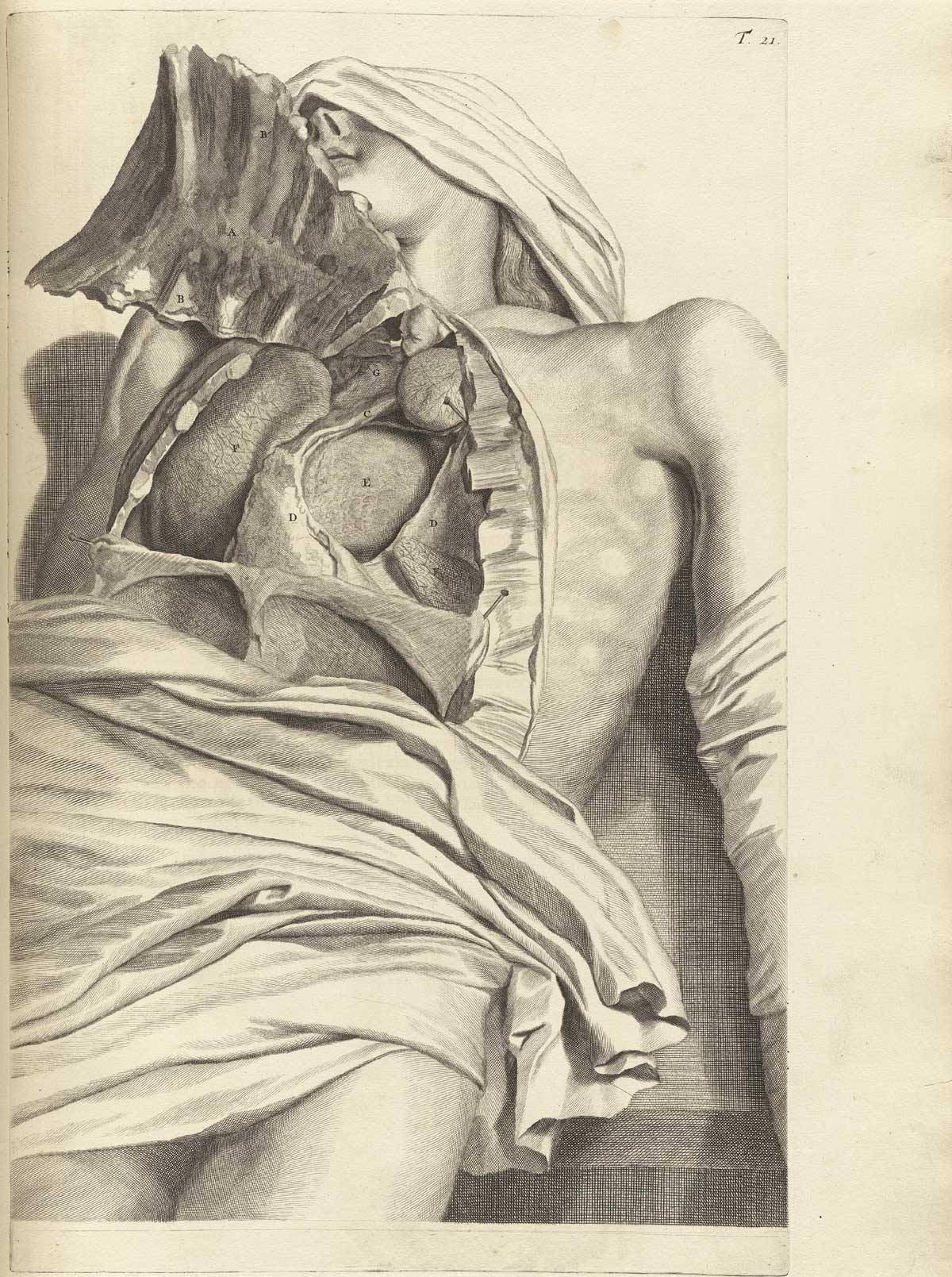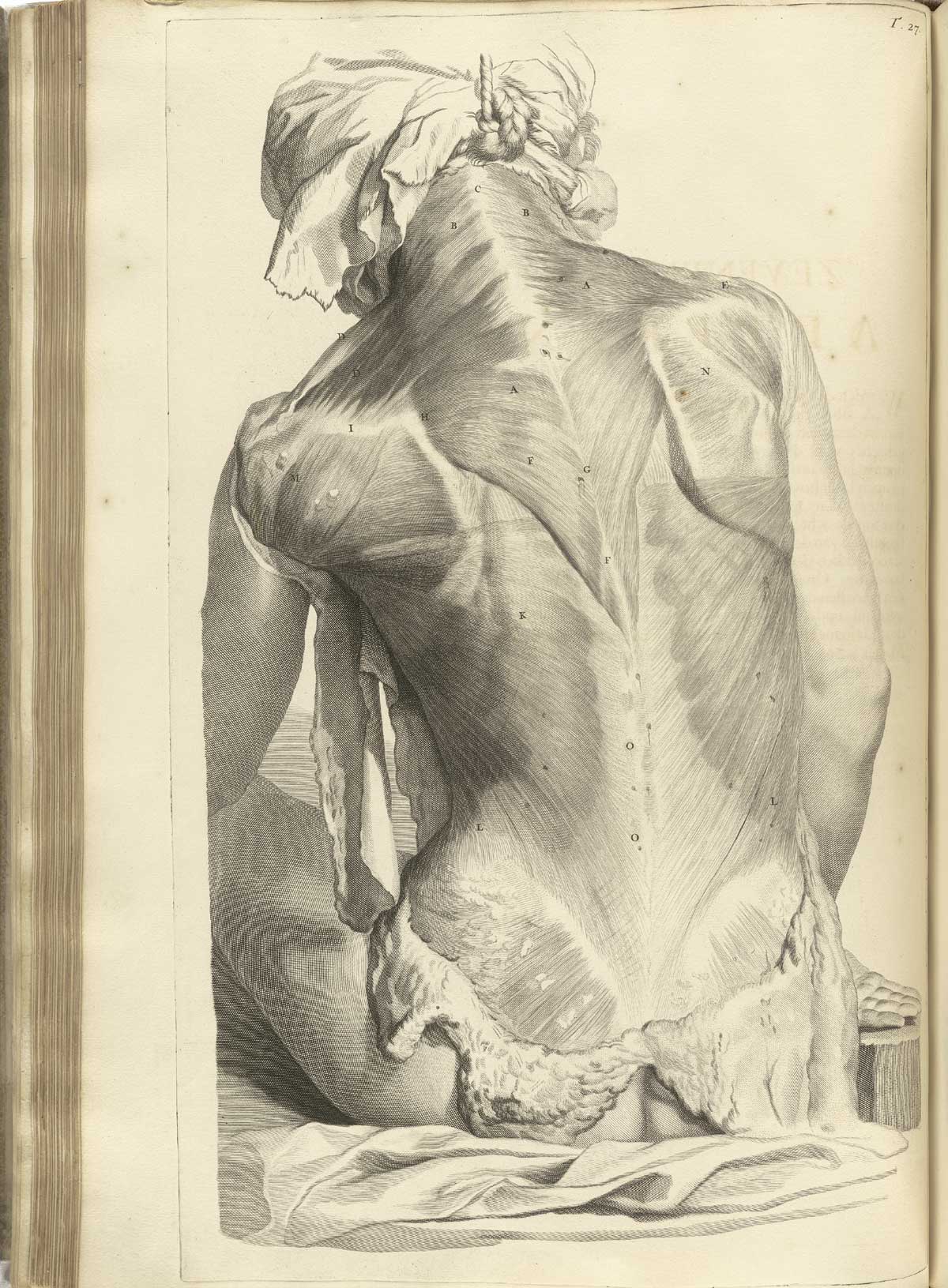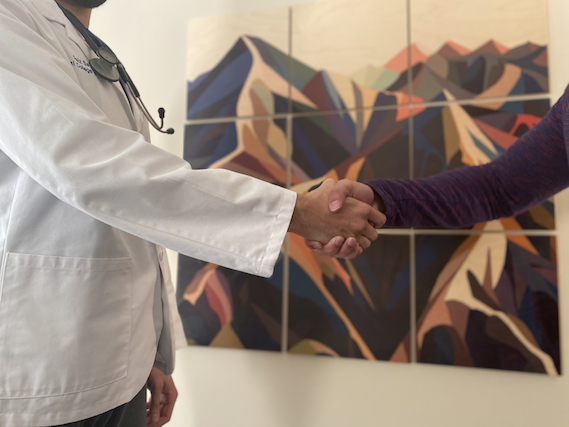In Our Assessments We Trust
To understand the issue surrounding assessments, we must understand that it has become increasingly challenging to train physicians suited to face contemporary changes. To future physicians who have access to a repository of ever-expanding information on their smartphones, being tested on ‘high-yield’ minutia serves little purpose. Being able to think critically (and perhaps even imaginatively) in order to make sense of that information for patient care is what counts. And thus, no matter how standardized an examination is, lack of contextual reference renders it futile.

